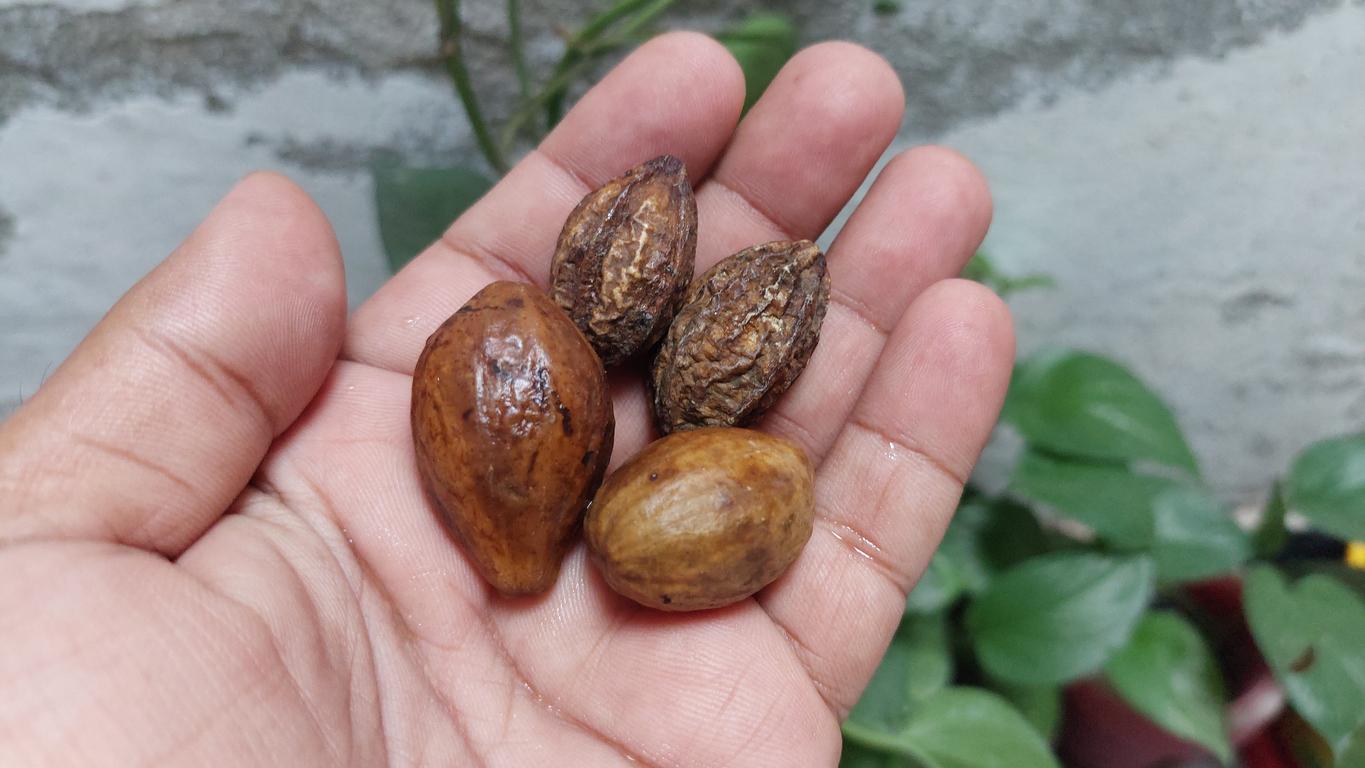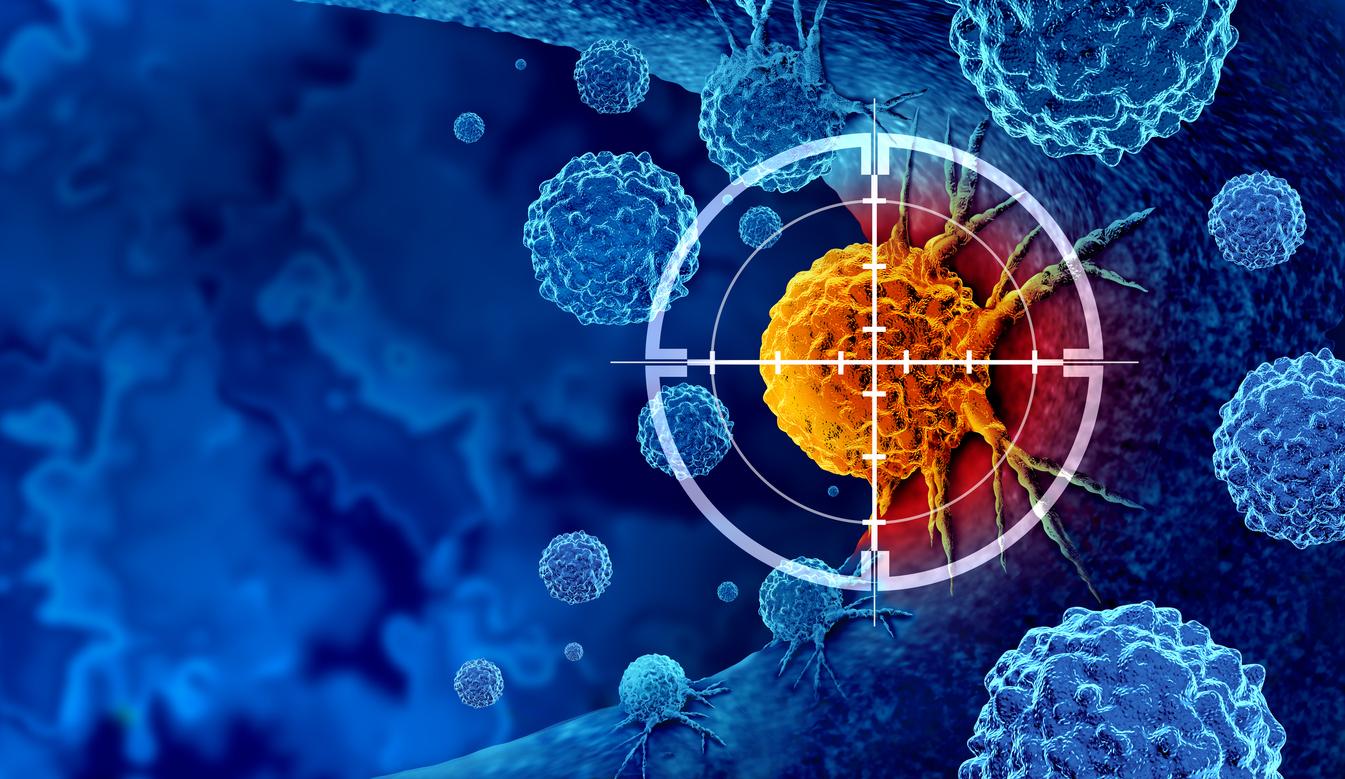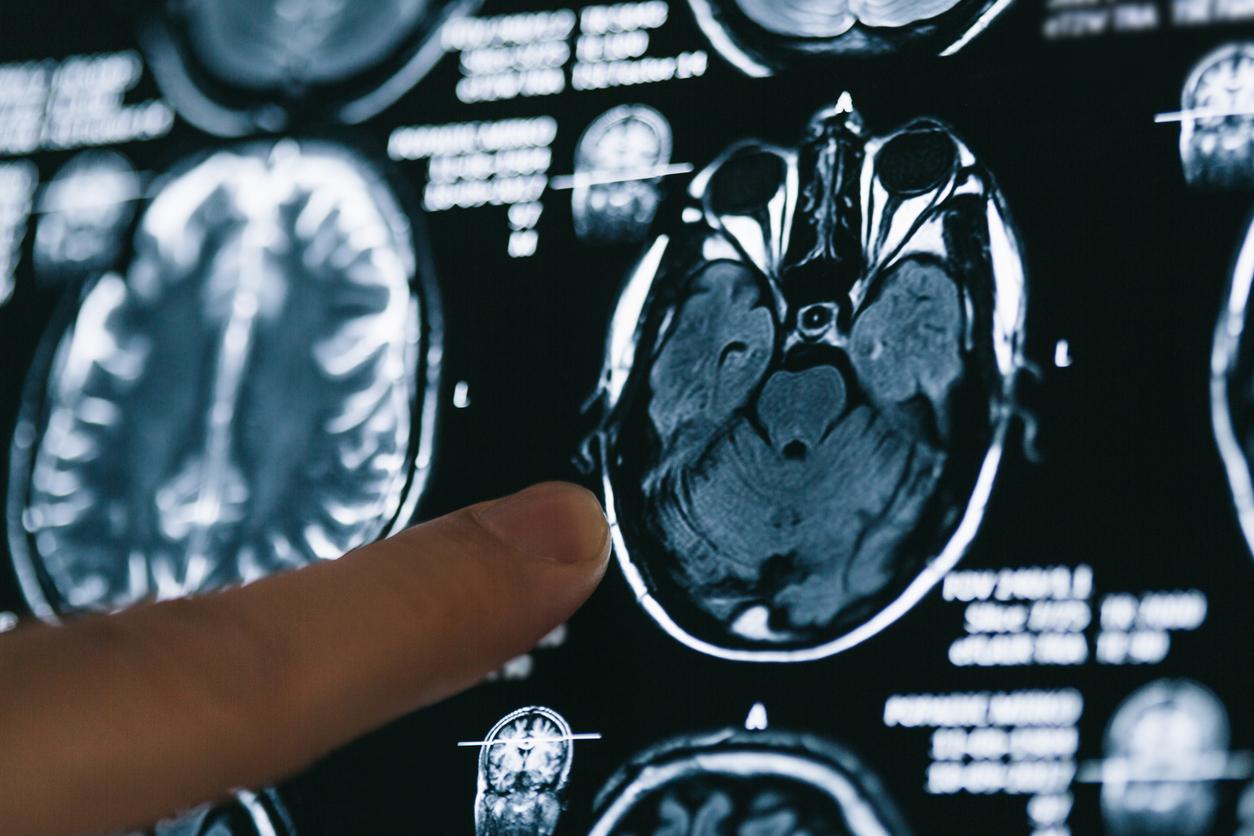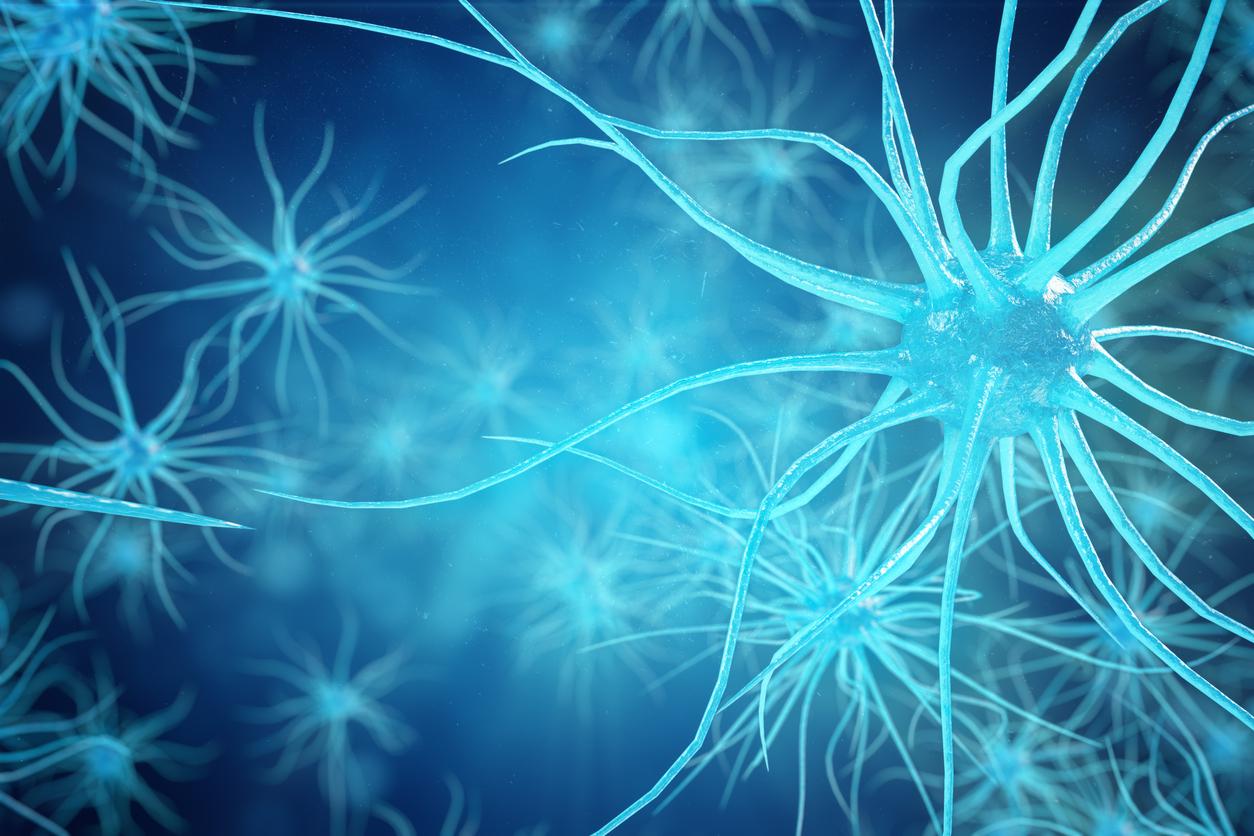
What’s possible?
Surgery, radiation, chemotherapy, hormone therapy… There is a whole range of treatment methods if you have been diagnosed with breast cancer. Below we list various options.
You have been told that you have breast cancer. What a blow. Your life will be turned upside down. For the foreseeable future, almost everything will revolve around treating your illness.
Healing or enlightenment
First of all, the doctor will discuss with you what the best plan of action is for you. That depends entirely on your personal situation. For example, the type of breast cancer and the extent to which the disease has spread to other parts of your body.
Many patients have a chance of recovery. The goal of treatment is then to remove the tumor from the breast and destroy the remaining cancer cells.
Unfortunately, not everyone can be cured. In that case, the treatment should prolong life and keep the quality of life as good as possible. This is done, among other things, by slowing down the growth of the metastases.
Operation
In many cases, surgery is the first step in the treatment process. The surgeon will remove the tumor as completely as possible. Whenever possible, he tries to spare your chest. Whether this is possible depends on the size of your breast and the tumor.
For example, if the tumor is very large in relation to your breast, breast-conserving surgery (a lumpectomy) is not possible. The same applies if you have multiple tumors in your breast. Then a mastectomy (a mastectomy) is necessary. Your personal preference will also be taken into account. Some women like the idea of having their entire breast removed. Others hope to keep their own breasts. Because an amputation is often experienced as a mutilation, many patients later opt for breast reconstruction.
Surgery also removes the lymph nodes from your armpit. Malignant cells can spread through the lymph nodes. Your doctor will check whether the glands are ‘clean’ or not. That says a lot about further metastases. Based on this result, he determines what the rest of your treatment should look like.
irradiation
Most women are irradiated at some point. Radiation means that strong X-rays are aimed at the place where the tumor is located. Those rays destroy the cancer cells. After a breast-conserving operation you will always receive a course of radiation, but this may also be necessary after an amputation.
If you have metastases in the rest of your body, you will receive the radiation in the places where you suffer. Then it is about reducing the complaints (pain), not about healing.
Chemotherapy
With chemotherapy you will receive treatment with drugs: cytostatics. They inhibit cell division and destroy the cancer cells in your body. There are all kinds of cytostatics and you can get them by infusion, injection and tablet.
Usually you will be given your medicines, followed by a rest period of a few weeks and then you will be given another course of chemotherapy. This goes on for a few months to six months. Many patients are afraid of the severe side effects, such as nausea, vomiting, fatigue and hair loss. For some women the treatment is indeed very heavy, for others the side effects are not too bad. In any case, nowadays there are good medicines that suppress the nausea.
Hormone therapy
Mammary gland cells need the hormones estrogen and progesterone to grow. These hormones are mainly made in the ovaries and stick to the so-called receptors on the mammary gland cells. Sometimes breast cancer cells also have these receptors. Then estrogen and progesterone ensure that the tumor can grow faster.
It is therefore important to reduce the production of these hormones. This can be done through special medicines: hormone preparations. Sometimes it is decided to remove the ovaries. If this happens while you are still menstruating, you will enter the menopause early.
Not all breast cancer cells are hormone sensitive. This means that not everyone is a candidate for hormone therapy.
Immunotherapy
You can also treat breast cancer with the antibody trastuzumab. This antibody strengthens your immune system and attacks the cancer cells. Trastuzumab attaches to a specific protein on the outside of cancer cells. This prevents the tumor from growing.
Not all cancer cells have this protein, so the treatment is not suitable for everyone. In addition, the drug (brand name Herceptin) is extremely expensive. For that reason it is not always given.

















